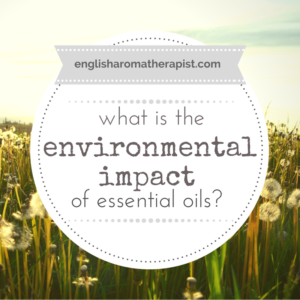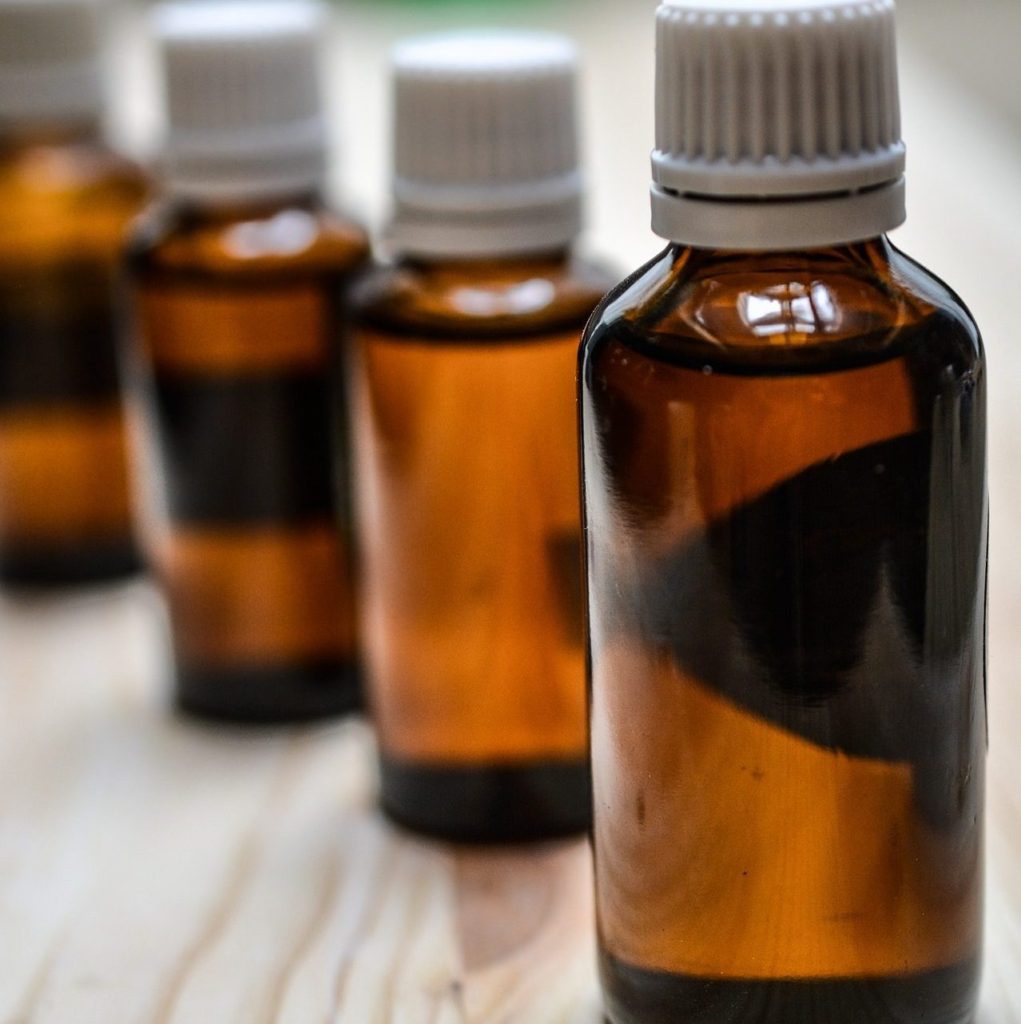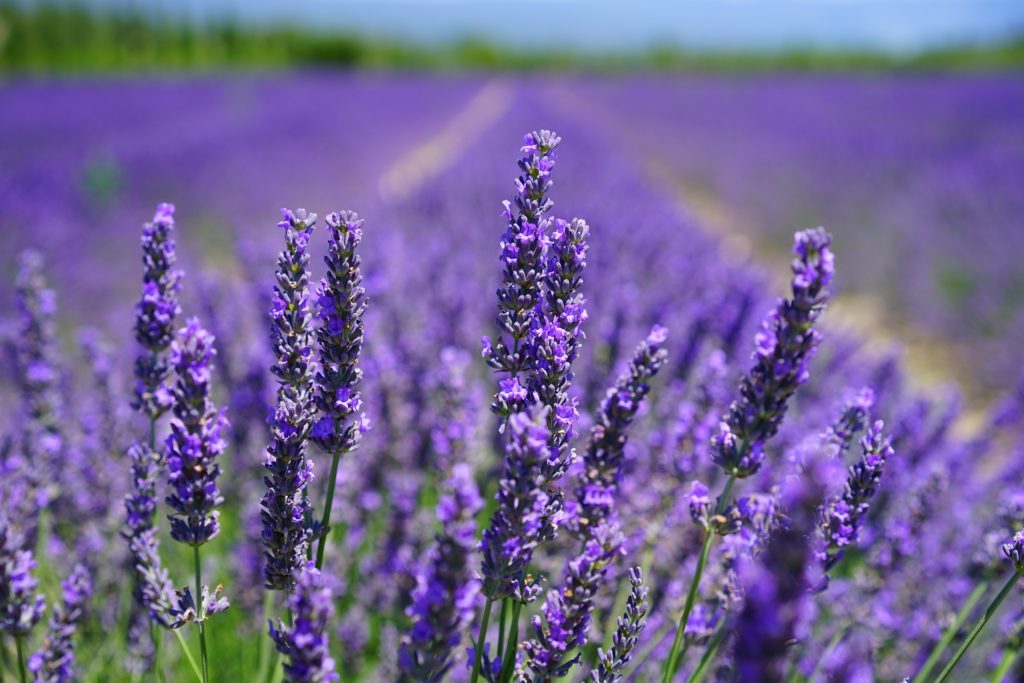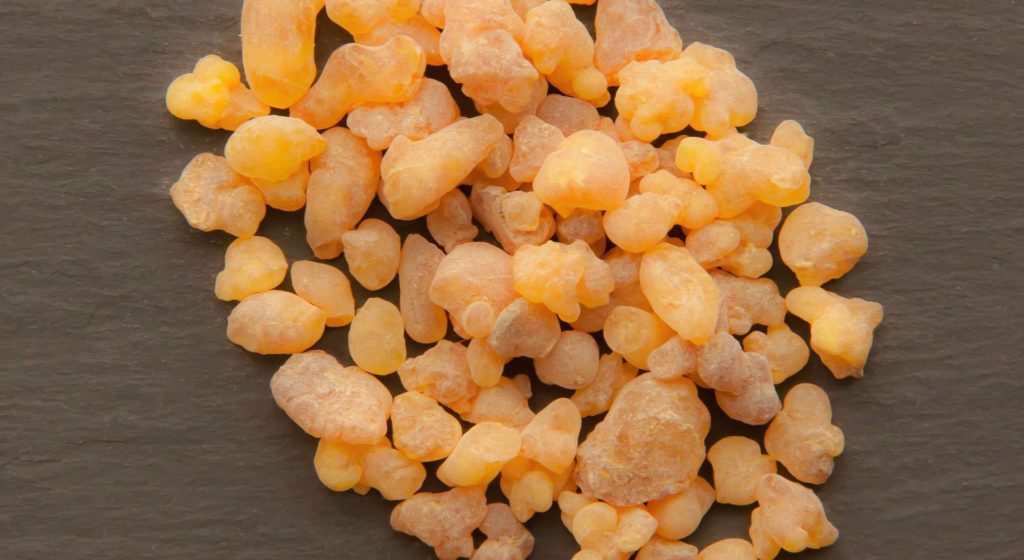Environmental impact of Oils

Essential oils have soared in popularity as people are increasingly turning towards more natural alternatives for health and wellbeing.
But let’s not fall into the trap of thinking that something “natural” is free of any negative consequence. Currently, the essential oil industry is estimated to exceed $17 billion, rising to $27 billion by 2022.
Essential oils are big business – and it’s important to consider the environmental impact of this insatiable demand.
What’s the problem?
Essential oils are precious natural resources. These oils are sold in tiny bottles for a reason – they’re extremely concentrated and powerful. Professional aromatherapists are trained to properly dilute essential oils, and operate on a “less is more” basis. Oils are carefully selected to suit the individual client.
But, over the last few years, we’ve experienced a sea change in aromatherapy. I don’t want to keep stirring up MLM controversy, but it’s impossible to discuss this subject without mentioning their impact on the essential oil industry (You can read more about Why I Don’t Use MLM Brands here).
The fact is, brands like doTerra and Young Living encourage overuse of essential oils. Rub them neat on your skin several times a day! Drop them under your tongue! Swallow them in capsules! Add a couple of drops to your glass of water! Use them to flavour your food! Oh, just chuck them everywhere! The more the better! (kerching!)
It’s as if they sat down and deliberately tried to think of as many ways to use essential oils as possible. I mean, using a few drops in a diffuser now and again? Wow, that bottle will last ages! Diluting to 2% in a massage oil? It will be months before you’ll need to re-order! Let’s tell people to start ingesting several drops a day, to apply them without dilution – hey, let’s even wash our fruit and vegetables in essential oils!

More, More, More
Buy more and more oils, recruit others to buy more oils, earn those Reward points…does anyone stop to think about where these essential oils are coming from? Or what impact this has on the natural environment?
Producing essential oils requires vast amounts of natural resources. It takes 30-50 roses to create a single drop of rose essential oil (The Heart of Aromatherapy, Andrea Butje).
On doTerra’s own website, they boast that 50 lemons are needed to produce 15ml of essential oil, and 63 pounds of Melissa are used for their 5ml bottle. These sort of claims are in almost every aromatherapy textbook – it’s no secret that essential oils are extremely resource-intensive.
Demand for essential oils is so high that environmental sustainability is often pushed aside. In this article, aromatherapist Mindy Green explains: “Growing the substantial quantities of plant material needed to produce essential oils results in a monoculture style of farming, with large swathes of land dedicated to a single species. These systems are most efficiently managed by intense mechanization, and irrigation is frequently used for optimal oil production of the plants.”
Continuous harvesting has a detrimental impact on the environment. Did you ever read The Lorax by Dr Seuss? We can’t just keep plundering the environment with dollar signs in our eyes.
Holistic therapy is all about finding balance in mind, body and spirit – and this extends to a more natural approach to life. If you’re seeking a lifestyle that’s more in harmony with the natural environment, it’s somewhat contradictory to waste natural resources and cause species to become endangered.

Waste Material
So, we understand that a huge amount of plant material is required to produce a tiny bottle of essential oil. But what happens to all the residual waste?
This insightful article by Dr Petra Ratajc explains how the distillation process produces masses of residual plant material that’s often not disposed of in an environmentally-friendly manner.
Bottle Disposal
Even disposing of essential oil bottles must be done with care. This article claims some cities (like New York) do not allow them to be recycled, on the basis that they contain trace amounts of flammable liquid. Instead, the empty bottles must be sent to landfill. In addition, some oils are toxic to marine life and so cannot be poured down the drain.
Frankincense
In the sustainability debate, the most commonly discussed oils are Frankincense, Sandalwood and Rosewood. The good news is that Sandalwood’s outlook is improving, thanks to sustainable cultivation in Australia.
Let’s talk about Frankincense. As one of the most commonly used oils in aromatherapy, Frankincense forests are now under threat. The extent of this danger is unclear – some sources claim only some Boswellia species are at risk (see this article), others claim the future of all Frankincense is bleak (see this article).
Why is Frankincense under threat from over-harvesting and unsustainable practices? Could it be because the favourite motto of MLM brands is “When in doubt, use Frankincense”? I can’t tell you the number of times I’ve seen this advice given to people on Facebook, Twitter and YouTube. Frankincense is marketed as your go-to oil for just about everything.
Frankincense is labelled “The King of Oils” and “Liquid Gold”. It’s even mistakenly promoted as a cure for cancer (read more about this here). Frankincense is also sold as being the gift brought to baby Jesus – although this was more likely to be the resin than a bottle of steam-distilled essential oil!
Is it any wonder that Frankincense is under threat when doTerra tells customers that it’s an oil “you most likely need on a daily basis”. If you don’t believe me, watch this corporate video where people are shown applying neat Frankincense oil straight from the bottle, including directly onto the face! What’s more, it even shows a mother massaging neat Frankincense into her young child’s feet. Apparently, “a few drops in a capsule or directly under the tongue is a great option”. Is this really a safe or sustainable habit in the long term?
More than a few people have told me they use Frankincense oil several times a day, every day. Is this really necessary? I don’t think so! Plus, at £76 for 15ml, that’s an expensive habit!
No matter how many times people email me to claim how ethical and benevolent these MLM companies are, I just don’t see how encouraging excessive and unsafe use of natural resources can be ethical.
Predictably, people will respond by saying “I suppose you think synthetic chemicals and prescription medications are safe!” To those, I recommend reading my Logical Fallacies in Aromatherapy article – in particular, the Straw Man and Red Herring fallacies!

Summary
When you realise what’s involved in the production of essential oils, it makes you not want to waste a single drop!
Do you really need to apply oils several times a day? Do you actually need a collection of 100+ essential oils at home? Do you need to run your diffuser all day long? (Watch video: Why you don’t need to diffuse all day)
Despite being ‘The English Aromatherapist’, I don’t actually use essential oils all the time! I’ve written more about this in My Essential Oil Routine.
Overusing essential oils increases the risk of sensitization, which is something you really don’t want! (read more about sensitization here)
Holistic therapy is about finding balance in your health and wellbeing with an overall lifestyle plan. It’s not about throwing loads of essential oils at a problem to make it go away. To find out more, read Why Essential Oils Are Not a Magic Wand.
There’s no need to stop using essential oils altogether. Let’s just use them sensibly, when we need to!
What to Read Next: Why you don’t need to diffuse all day
Follow me on...
Share this on...
